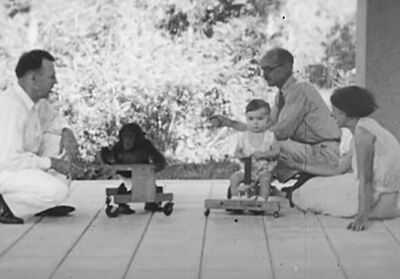
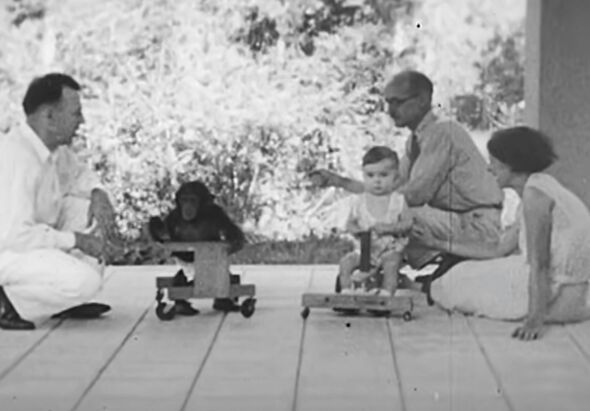
A chilling experiment from the 1930s saw a baby being raised alongside a chimpanzee, with haunting images showing the child in tears after being spun around repeatedly.
The study, which was abruptly terminated in early 1932, is now approaching its 93rd anniversary.
We delve into the disturbing tests that ended in tragedy. On June 26, 1931, Winthrop Niles Kellogg and his wife Luella added a fourth member to their family - a baby chimpanzee named Gua.
Already parents to a young boy named Donald, they hoped to raise Gua as his "sibling". As animal psychologists, they were curious to see how human they could make the chimp.
However, it was Donald who began to exhibit more ape-like behaviour, leading to the premature end of the experiment. The five-year study began when Donald was seven months old and Gua was ten months old, but lasted only nine months.
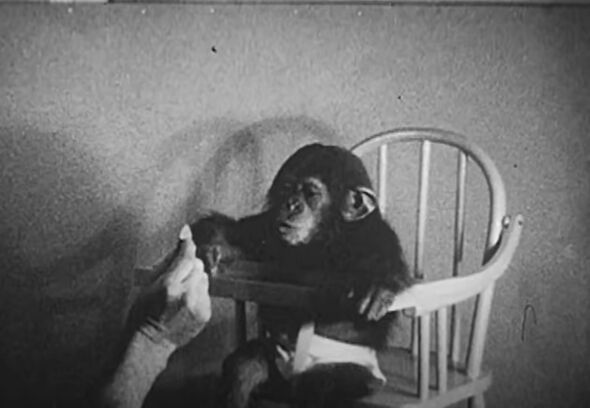
Alarm bells rang when Donald started biting, crawling like a chimp, and grunting when hungry. This followed the psychologists' decision to have Donald sleep in a similar bed to Gua, treat them similarly, and apply the same rules regarding clothing, toys, and punishments.
In a chilling picture, Donald was seen screaming as his rotating chair is spun in a distressing experiment. Gunshots rang out in another test to gauge whether Donald or Gua, the chimp, would react faster.
Both were even struck on their heads with spoons to compare the sounds of their skulls. These appalling tests ran for 12 hours daily throughout the week, culminating in Winthrop Kellogg's publication of "The Ape and the Child: A study of environmental influence upon early behaviour."
The Kelloggs noted Gua's physical advancements but saw her lag behind Donald intellectually once he began to speak.
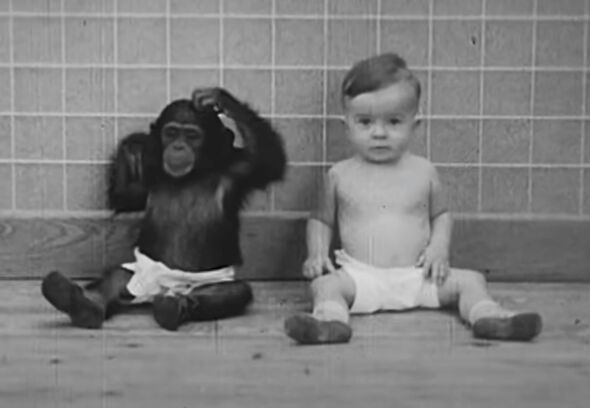
Reflecting on the experiment's end, The Psychological Review reported: "We are told that the study was terminated on March 28, 1932, when Gua was returned to the Orange Park primate colony through a gradual rehabilitating process."
They continued, puzzled by the lack of clarity from the Kelloggs: "But as for why, the Kelloggs, who are so specific on so many other points, leave the reader wondering."
The article speculated on the abrupt end, suggesting: "First, the schedule that the Kelloggs maintained for the nine months was so gruelling that they may have quit for reasons of fatigue."
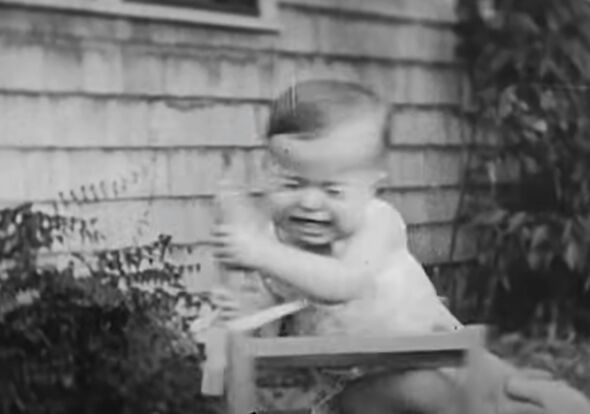
Another theory proposed: "Second, they may have wanted to use the time remaining to them on leave from Indiana to prepare the book manuscript for publication.
"Third, Gua was maturing, gaining in strength and, according to Kellogg, becoming less predictable and more difficult to manage. It is possible that the Kelloggs feared Gua might inadvertently harm Donald."
Following growing concerns that her son was adopting more ape than human traits, mum Leulla pushed for the end of the controversial experiment. Even after this unique chapter closed, Winthrop continued his academic pursuits, focusing on bottle-nose dolphins at Florida State University.
He met a sorrowful end in 1972, dying in the same summer as his wife. The couple's son tragically took his own life only one year later at the young age of 43. Gua, meanwhile, suffered a sad fate as well. After her removal from the Kellogg household, she succumbed to pneumonia at just three years old.